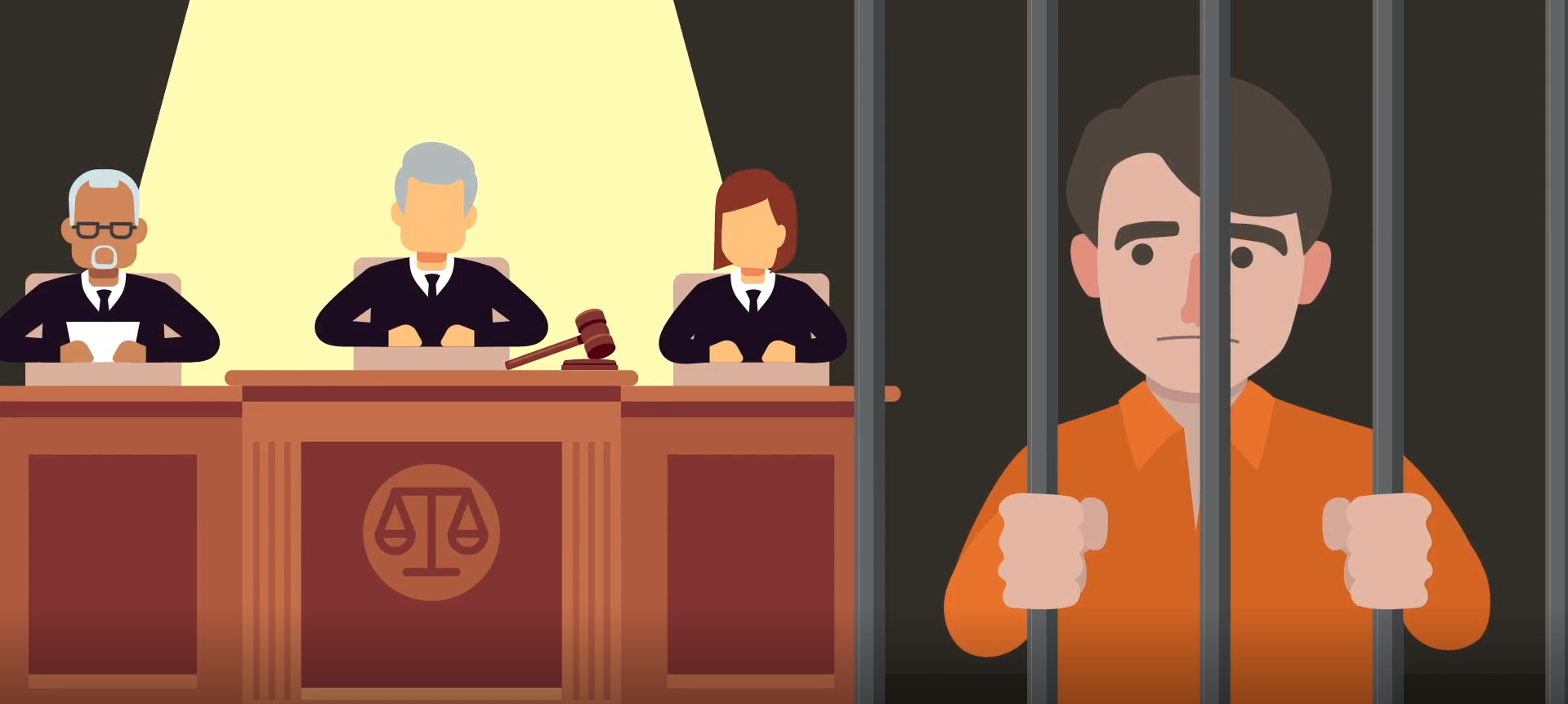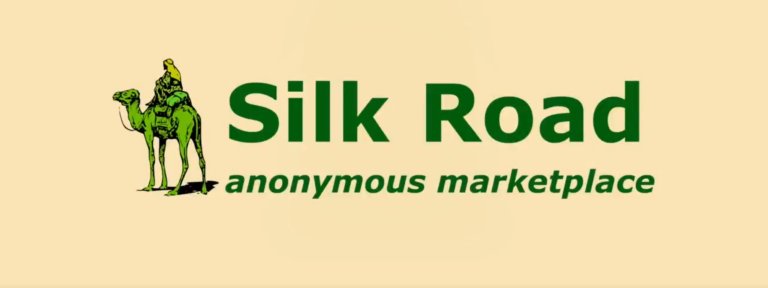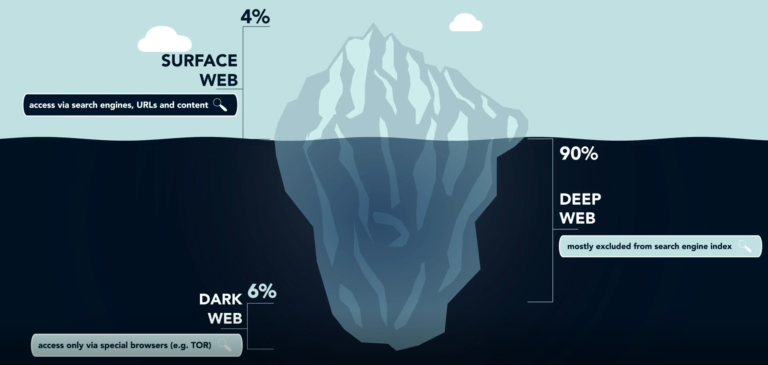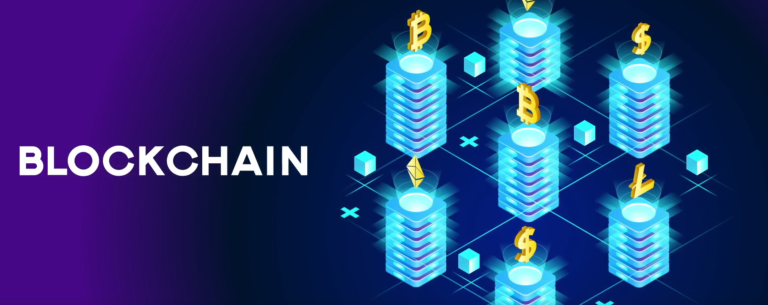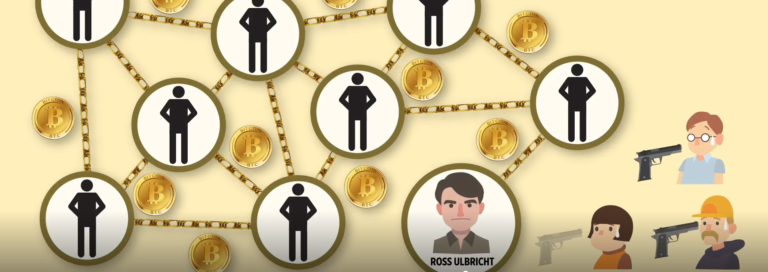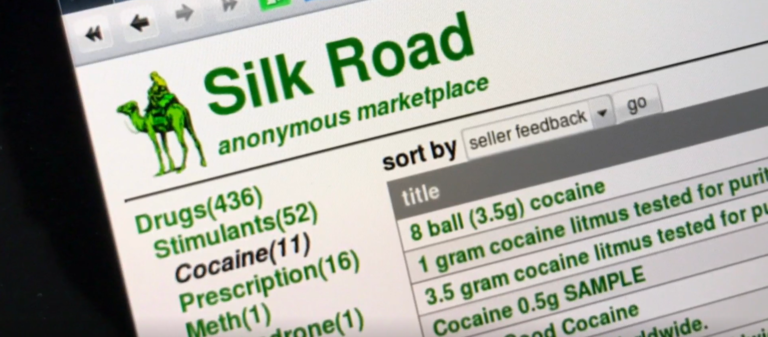Transcript
We talked about this thing called the dark web, it sounds evil. Is that so?
While the answer is a clear no, it does show one of the key things that we’re going to talk about as we get into the ethics of financial technology. The way we define, describe, and even how we name technologies will colour people’s perception of them. So our bias towards something can be projected, not only in the code that you create for AI but also in just the way we characterize these technologies.
So clearly the term,“dark web”, was probably put forward by individuals who wanted this to be perceived as primarily a negative thing, perhaps from a policing or national security standpoint. But, the reality is, that these technologies were actually created by the US government for secure communications between various elements of the US military. And, there are so many aspects of these technologies that are utilized every day in order to protect us and provide us with privacy.
This is one of the major dichotomies that we have not only in terms of FinTech but broadly in terms of regulating privacy and information in general. And this is something that has been going on for quite a long time.
When we talk about ethics, most people primarily focus on the law and what is legal. On the one side, you have lawyers like us, who teach people about the hardline rules – black and white rules, about what is acceptable and what is not. And those have been largely defined by society through the codes and laws that we have in place.
On the flipside, there is the moral, more ambiguous, and sometimes subjective aspect of ethics, which it can be related to culture or history or even religion – so many aspects of culture that were built into what is perceived to be acceptable in society.
And, governments – the pendulum of regulation swings back and forth, in terms of how much to regulate, and then how to back off that regulation.
To use an example, if you were to go to someone and ask if they utilize communication tools like WeChat, and if they find that those communication platforms are valuable because they encrypt the communication. I think most people would say unequivocally, yes, of course. If you were to provide software, but someone from the NSA or the police is going to be listening to all your communication and documenting that communication – I think most people would have averse, visceral reactions to that.
So, we want privacy and ownership of our own data for ourselves and control what the world knows about us. But then the flipside is, there are very valid concerns in terms of safety or even national security.
As you’ll see scenarios where, like the San Bernadino shooting, where big segments of the population – even though they for themselves would advocate for privacy and security – were simultaneously asking Apple, hey you gotta jump on this, you’ve gotta crack this phone so that we can ensure these types of attacks don’t continue occurring.
And we feel like this is where we are right now in this dichotomy, this paradox, in terms of privacy for ourselves and the broader social good.
Can a single country manage that debate?
Absolutely not, and this is the issue. If we go back to regulation as an example, whether it’s trade, financial regulations, or even simple things like contracting, there are challenges when initiating transactions and legal relationships in a cross-border scenario. Especially now with everything on the internet, the servers could be in multiple countries, and the supply chain could travel multiple continents. There are some countries like the US that have a very broad mandate in terms of extraterritoriality to their law enforcement. In a recent scenario, they would go into another country to arrest people like executives of Chinese companies just because the US government views it as their right to enforce regulation. Yet there are other governments that are completely stand-off and don’t even have regulation in these areas.
Now, another example would be here in Hong Kong. Hong Kong is a very small place, but it is a finance centre and a FinTech centre. A lot of the data that is collected here is actually hosted outside of Hong Kong. If you click on iTunes and agree to your data being collected, what you may not realize is that the data could be stored somewhere on the other side of the planet. So there could be multiple privacy and data ordinances that regulations are going to apply just to that one subset of data.

